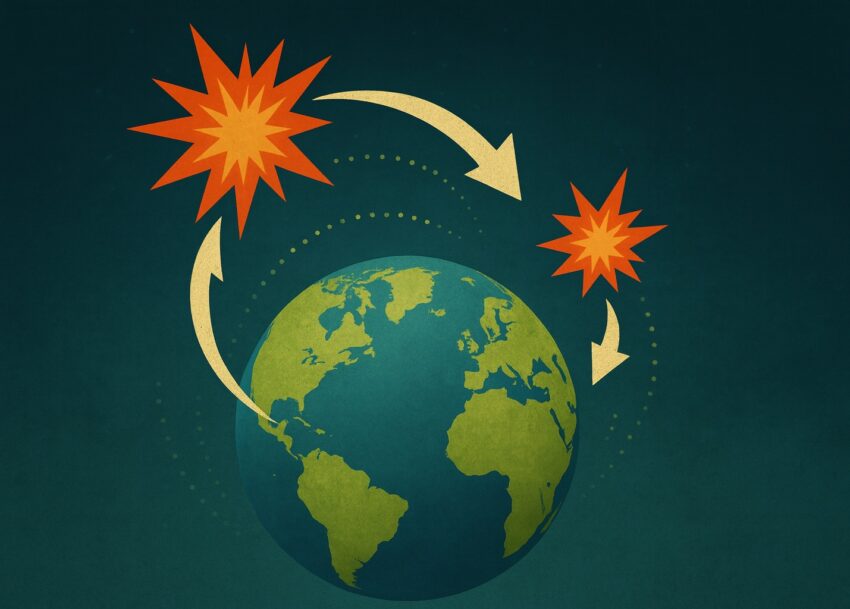The 2003 Iraq War consequences left a profound legacy of instability, violence, and displacement. Its consequences extended well beyond Iraq, shaping regional dynamics in the Middle East and affecting global perceptions of intervention and governance.
Accountability and Misdeeds
Despite inquiries and reports, decision-makers in the United States and the United Kingdom faced little accountability. Investigations often avoided scrutiny of senior officials, focusing instead on intelligence failures or procedural shortcomings. Calls for trials or formal charges have not been realized. This lack of accountability has reinforced public skepticism about political leaders and the systems that protect them.
Rise of Extremism and Refugee Crises
The collapse of Iraq’s institutions created conditions in which extremist movements thrived. Groups such as ISIS drew recruits from the chaos and spread violence across borders. At the same time, millions of Iraqis and Syrians were displaced, fueling refugee crises that continue to challenge neighboring countries and Europe. These movements of people reflected the scale of the humanitarian disaster triggered by war and instability.
Recognition of Failure
Over time, a consensus emerged that the invasion of Iraq was a grave mistake. Commentators across the political spectrum acknowledged its destructive impact on Iraq and its role in undermining global trust in interventionist policies. Reports documented the high costs in lives lost, communities displaced, and resources consumed, highlighting the gap between political justifications and lived realities.
Broader Implications for MENA’s Future
The war accelerated changes already underway in the Middle East and North Africa. State institutions weakened, regional rivalries intensified, and trust in international institutions eroded. The destruction of Iraq’s social fabric also carried lessons for other nations facing external intervention. The long-term effects underscored the need to understand societies as complex systems, where imposed solutions often create unintended and lasting harm.
Closing Reflection
The Iraq war demonstrated how decisions taken by powerful states can destabilize entire regions, foster extremism, and displace millions. The consequences remain visible today, reminding observers of the need for caution, accountability, and respect for the complexity of social and political systems.

